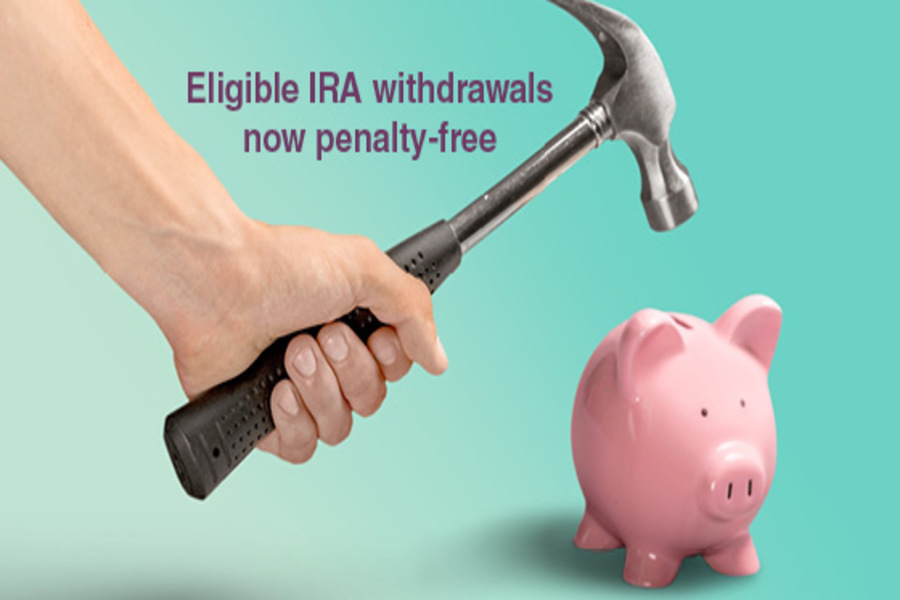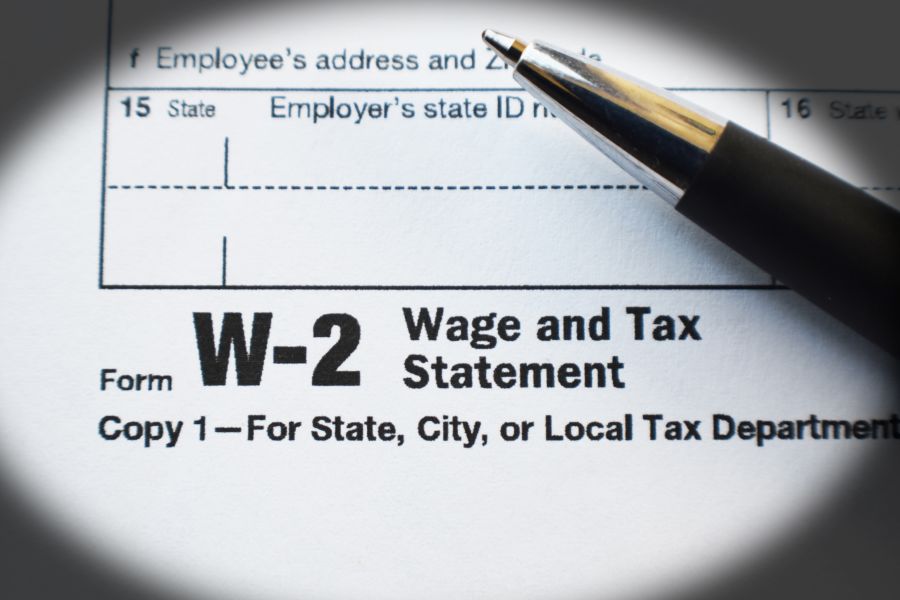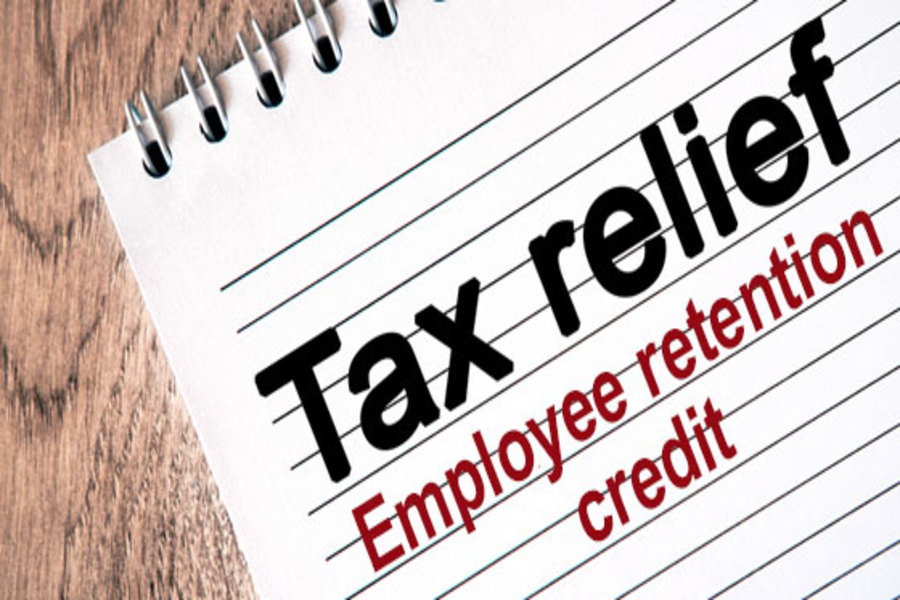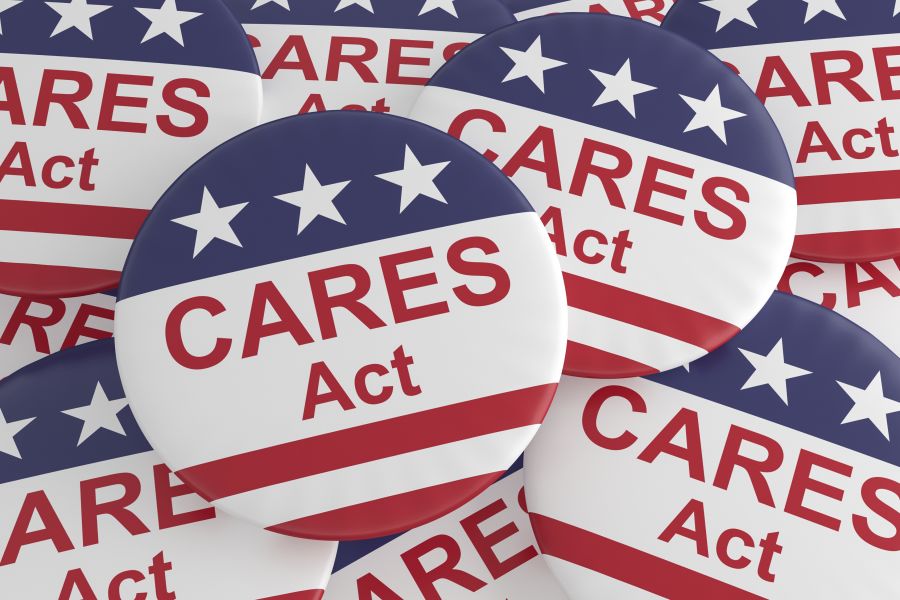(This is Blog Post #794)...

Millions of eligible Americans have already received their Economic Impact Payments (EIPs) via direct deposit or paper checks, according to the IRS. Others are still waiting. The payments are part of the Coronavirus Aid, Relief, and Economic Security (CARES) Act. Here are some answers to Economic Impact Payment FAQs. Who’s eligible to get an EIP? Eligible taxpayers who filed their 2018 or 2019 returns and chose direct deposit of their refunds automatically receive an Economic Impact Payment. You must be a U.S. citizen or U.S. resident alien and you can’t be claimed as a dependent on someone else’s tax return. In general, you must also have a valid Social Security number and have adjusted gross income (AGI) under a certain threshold. The IRS also says that automatic payments...
On its website, IRS has issued FAQs on the deferral of the deposit and payment of the employer's share of Social Security taxes and self-employed individuals to defer payment of certain self-employment taxes that is provided by the Coronavirus, Aid, Relief and Economic Security Act (CARES Act). These employment tax deposit deferral FAQs will be updated to address additional questions as they arise. 1. What deposits and payments of employment taxes are employers entitled to defer? What may be deferred under the CARES Act are the taxes imposed under §3111(a) and, for Railroad employers, so much of the taxes imposed under §3221(a) as are attributable to the rate in effect under §3111(a) (collectively referred to as the "employer's share of social security tax"). But see FAQ 4 regarding...
Back in Blog Post #778 on 4/1/20, I summarized the Coronavirus Aid, Relief, and Economic Security (CARES) Act tax provisions. That post included a brief discussion of the CARES Act’s impact on excess business losses. Here is more about the deferral of, and changes to the limit on, excess business losses. Deferral of the excess business loss limits The Tax Cuts and Jobs Act (the 2017 Tax Law) provided that net tax losses from active businesses in excess of an inflation-adjusted $500,000 for joint filers, or an inflation-adjusted $250,000 for other covered taxpayers, are to be treated as net operating loss carryforwards in the following tax year. The covered taxpayers are individuals (or estates or trusts) that own businesses directly or as partners in a partnership or...
The IRS has issued guidance providing employment tax deposit relief for employers that are entitled to the refundable tax credits provided under two laws passed in response to the Coronavirus (COVID-19) pandemic. The two laws are the Families First Coronavirus Response Act, which was signed on March 18, 2020, and the Coronavirus Aid, Relief, and Economic Security Act (CARES) Act, which was signed on March 27, 2020. Employment tax penalty basics The tax code imposes a penalty for any failure to deposit amounts as required on the date prescribed, unless such failure is due to reasonable cause rather than willful neglect. An employer’s failure to deposit certain federal employment taxes, including deposits of withheld income taxes and taxes under the Federal Insurance Contributions Act (FICA) is generally subject to...
As we all try to keep ourselves, our loved ones, and our communities safe from the coronavirus (COVID-19) pandemic, you may be wondering about some of the recent tax changes that were part of a tax law passed on March 27. The Coronavirus Aid, Relief, and Economic Security (CARES) Act contains a variety of relief, notably the “economic impact payments” that will be made to people under a certain income threshold. But also, the CARES Act changes EBP rules and provides a new tax break for some people who contribute to charity. Waiver of 10% early distribution penalty IRAs and employer sponsored retirement plans are established to be long-term retirement planning accounts. As such, the IRS imposes a penalty tax of an additional 10% if funds are...
The recently enacted Coronavirus Aid, Relief, and Economic Security (CARES) Act provides a refundable employee retention tax credit for 50% of wages paid by eligible employers to certain employees during the COVID-19 pandemic. The employee retention credit is available to employers, including nonprofit organizations, with operations that have been fully or partially suspended as a result of a government order limiting commerce, travel or group meetings. The credit is also provided to employers who have experienced a greater than 50% reduction in quarterly receipts, measured on a year-over-year basis. IRS ISSUES FAQs The IRS has now released FAQs about the credit. Here are some highlights. How is the credit calculated? The credit is 50% of qualifying wages paid up to $10,000 in total. So the maximum credit for an...
In an Information Release (IR 2020-61), the Treasury Department and IRS have announced that distribution of economic impact payments, made as part of the Coronavirus Aid, Relief, and Economic Security Act (the CARES Act), will begin in the next three weeks and will be distributed automatically, with no action required for most people. However, people who did not file 2018 or 2019 federal income tax returns will need to submit "a simple tax return" to receive the stimulus payment. The Information Release answers the following questions: Who is eligible for the economic impact payment? Tax filers with adjusted gross income up to $75,000 for individuals and up to $150,000 for married couples filing joint returns will receive the full payment. For filers with income above those amounts, the payment...
On March 27, the President signed into law the Coronavirus Aid, Relief, and Economic Security Act (CARES Act, PL 116-136). Among other provisions, the CARES Act contains several new SBA loan and debt relief programs, including the: Paycheck Protection Program, Economic Injury Disaster Loans, and SBA debt relief, for the self-employed, independent contractors, and small and large businesses suffering economic damage from the Coronavirus (COVID-19) outbreak. The Small Business Administration (SBA) has a new website called Coronavirus (COVID-19): Small Business Guidance and Loan Resources. The new website includes information on the aforementioned new SBA programs that were enacted as part of the CARES Act, as well as information on the following SBA Express Bridge Loans and other guidance/resources: SBA Express Bridge Loan Pilot Program SBA Economic Injury...
This post provides expanded coverage of the CARES Act, Congress’s gigantic economic stimulus package that the President signed into law on March 27, 2020. PROVISIONS AFFECTING INDIVIDUALS Recovery rebates for individuals To help individuals stay afloat during this time of economic uncertainty, the government will send up to $1,200 payments to eligible taxpayers and $2,400 for married couples filing joints returns. An additional $500 additional payment will be sent to taxpayers for each qualifying child dependent under age 17 (using the qualification rules under the Child Tax Credit). Rebates are gradually phased out, at a rate of 5% of the individual’s adjusted gross income over $75,000 (singles or marrieds filing separately), $122,500 (head of household), and $150,000 (joint). There is no income floor or ‘‘phase-in’’—all recipients who are under...











